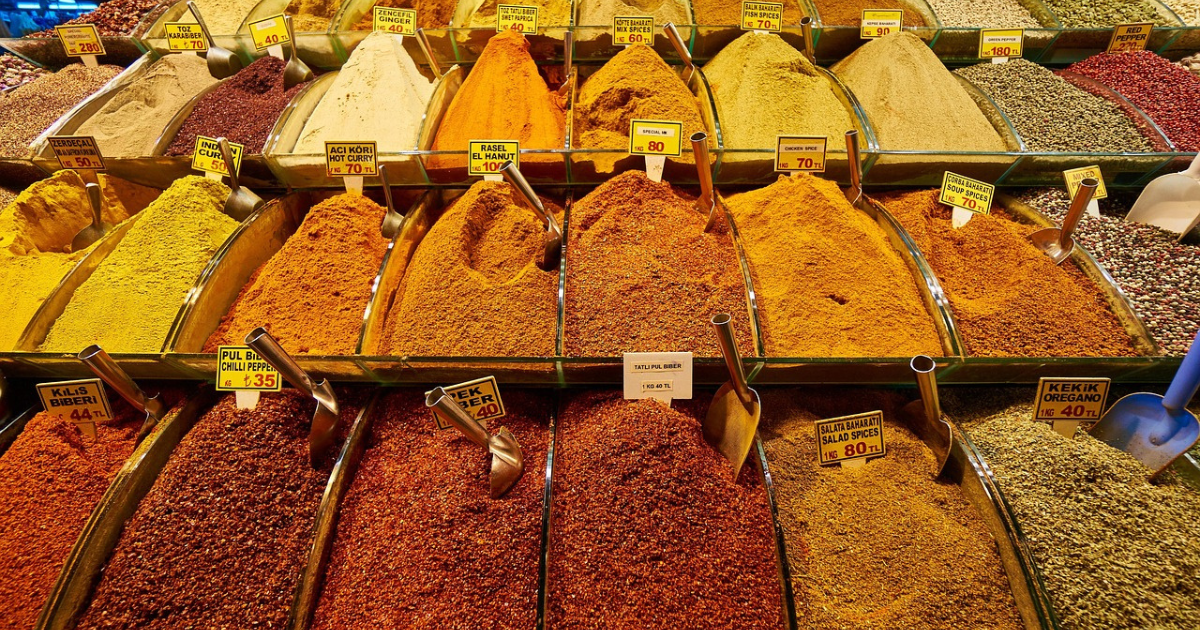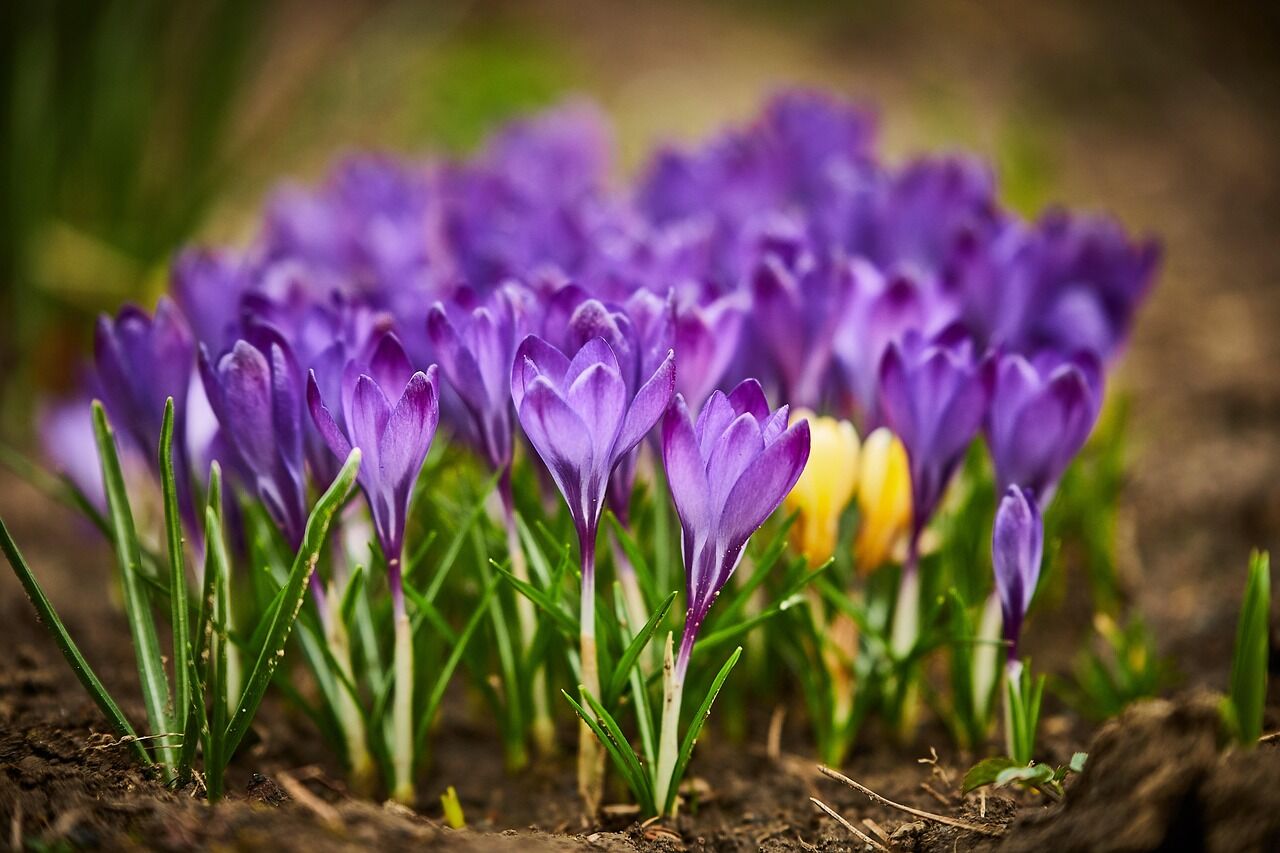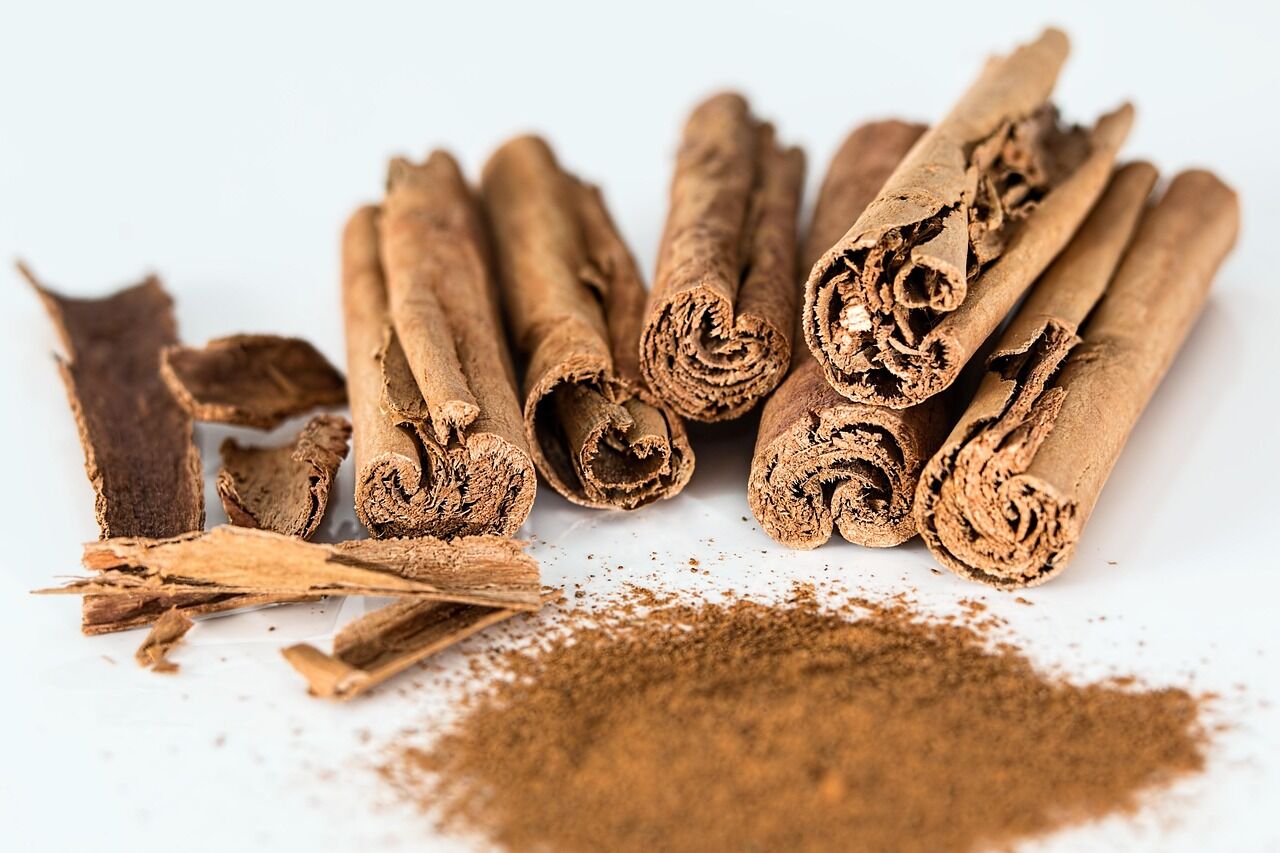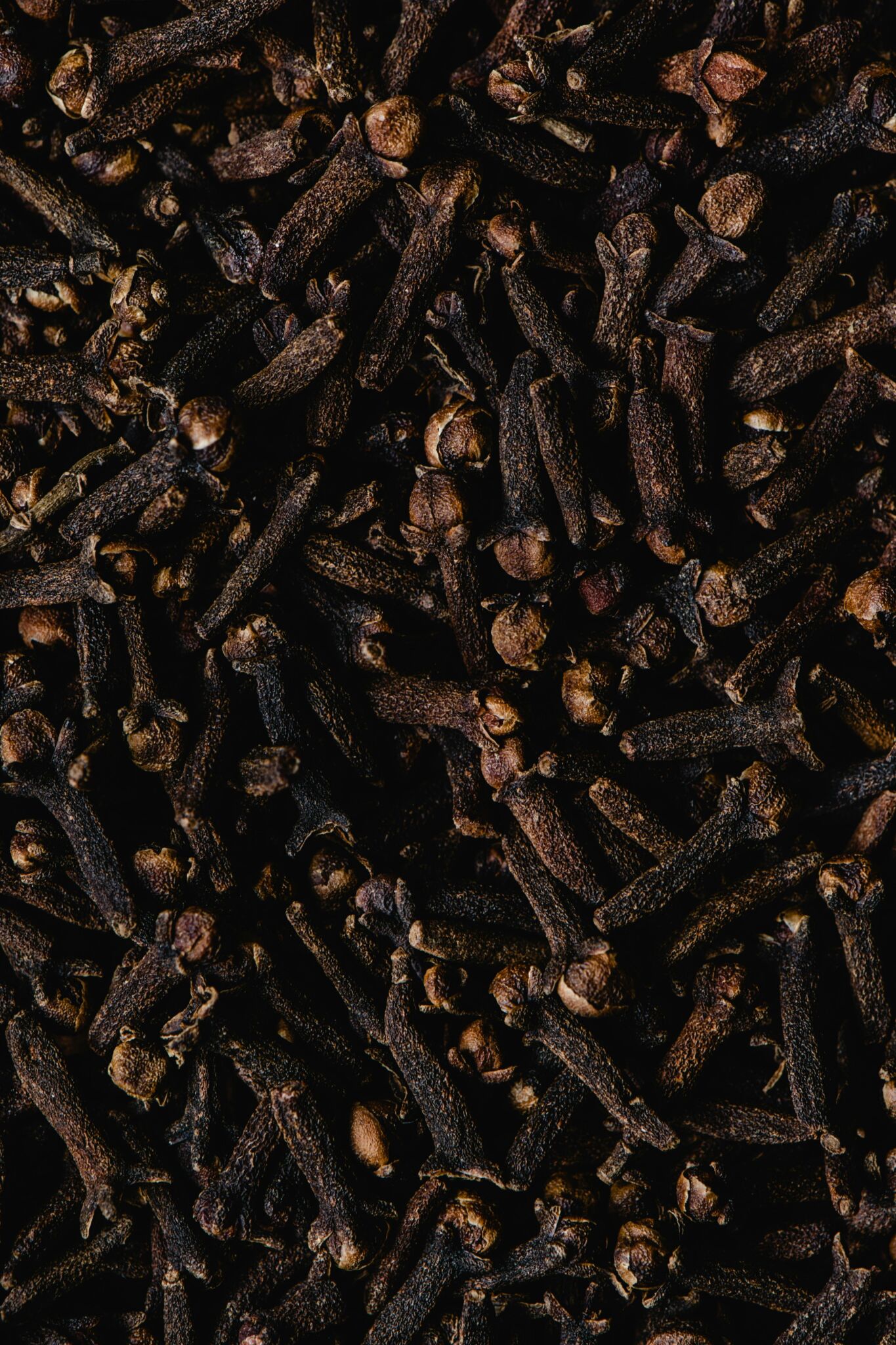Three spices you’ll want to return to this autumn
The perfect trio: saffron, cloves, and cinnamon

Autumn has arrived in Uzbekistan. The scorching summer days seem to be behind us, and spice lovers are beginning to wonder how best to enrich their favorite drinks and dishes. It may be saffron, cloves, and cinnamon that will become the perfect trio to take up a permanent spot on your spice shelf. However, it is worth noting that, beyond their delightful aroma, these spices also carry valuable health benefits. So, let’s take them one by one:
Saffron

Saffron, also known as crocus, is the most expensive spice in the world, harvested from the flower of the Crocus sativus plant. Its high price is not due to the rarity of the flower itself, but rather to its short blooming period, limited yield, and the painstaking process of collecting the delicate red threads. Though saffron’s cultivation traces back to Greece, it is now also grown in Iran, Morocco, and India.
This spice can give a bright, appealing color to a wide range of dishes, meaning just a small amount goes a long way. Saffron can enhance almost anything, especially desserts. Its incredibly delicate, aromatic, slightly sweet, and truly luxurious flavor has no equal. Saffron enhances the flavor of various dishes, particularly rice, meat, seafood, and vegetables.
The benefits of little flowers
Mood swings have long been one of the most common issues people face, especially pregnant women. Saffron stimulates the production of serotonin, which influences mood and increases blood circulation in the body.
A 2015 study by Iranian scientists confirmed that this spice helps improve mood. This is linked to its richness in bioactive compounds such as crocin, crocetin, picrocrocin, and safranal.
Cinnamon
Cinnamon is one of the oldest and most sought-after spices in the world, firmly rooted in the culinary traditions of nearly every country. In the Indian subcontinent, it flavors curries; in the Middle East, it enhances chicken and lamb dishes; in Mexico, it is added to chocolate and yams. In Western cuisine, cinnamon is indispensable in baking: from buns and cookies to apple and pear pies, crumbles, and cobblers. Its warm, cozy taste is synonymous with seasonal treats of the colder months – pumpkin pie, spiced lattes, or mulled wine. But cinnamon is also versatile: it works beautifully in soups, stews, cereals, and even cocktails. For thousands of years, this spice was treasured for its refined taste and aroma, considered a rare and precious luxury in the ancient world. In Egypt, it was used for embalming mummies, and in the Old Testament, it was mentioned as one of the ingredients in holy anointing oil.
There are two main varieties of this spice: delicate Ceylon cinnamon, often referred to as the “true” cinnamon, and the stronger, spicier cassia. Ceylon cinnamon is known for its gentle, mild flavor with subtle sweetness, while cassia is bolder and more robust – making it perfect for desserts and warming drinks.
The secret of cinnamon lies in its ability not only to bring warmth and comfort to drinks but also to enhance the flavor of everyday meals. With it, food feels more homely, and the atmosphere more inviting.
Add a stick of this aromatic spice to your morning coffee or steep it in tea, and you’ll get a soft, soothing flavor. In a smoothie with apple or banana, cinnamon works as a small but powerful accent, capable of transforming the drink into a gourmet dessert. Rolls, pies, cakes – their fragrance enlivens any dough, especially when paired with apples or pears.

But cinnamon can also be daring. Just a pinch in a pasta sauce, a meat marinade, or a light vinaigrette gives the dish unexpected depth.
Your body will thank you
Cinnamon is a refined ally in maintaining a healthy figure. It helps prolong the feeling of fullness and satisfaction, reducing the urge for unnecessary snacking. Moreover, the spice slightly speeds up metabolism: the body requires more energy to digest it compared to many other foods. An important bonus is its ability to maintain stable blood sugar levels, preventing sharp spikes and curbing sugar cravings. This harmony helps control appetite and prevents overeating.
Add cinnamon to your diet, and your body will thank you!
Cloves
Cloves are delicate, unopened buds of an evergreen tree, dried into the spice we recognize by its distinctive nail-like shape. Native to Indonesia and India, cloves get their name from the Latin word clavus, meaning “nail.” With their rich aroma and intense flavor, cloves have long been a favorite spice among cooks worldwide. They are added to warming mulled wine, used to glaze meats with a piquant touch, or to flavor apple pies. Of cloves, one can truly say: “A small spice with a big character.”
Tiny cloves with great power
Cloves are not just an aromatic spice but also a natural elixir. They contain a whole cocktail of vitamins and minerals that have long been used in Chinese medicine to aid digestion. Modern studies confirm this ancient wisdom: the organic compounds in cloves have analgesic, anti-inflammatory, and antimicrobial effects.
Adding them to your diet – whether in desserts, drinks, or savory dishes – provides the body with support on several fronts. And the health benefits of cloves can often be surprising, revealing new facets of their influence on well-being.
The secret of health lies in balance
Cinnamon, saffron, and cloves are spices that have inspired chefs and perfumers for centuries. They bring flavor, aroma, and even mood. And like all beautiful things, they require moderation: excessive use can be harmful to health. The true joy lies in finding balance – just a pinch, enough to transform a dish into a work of art.


